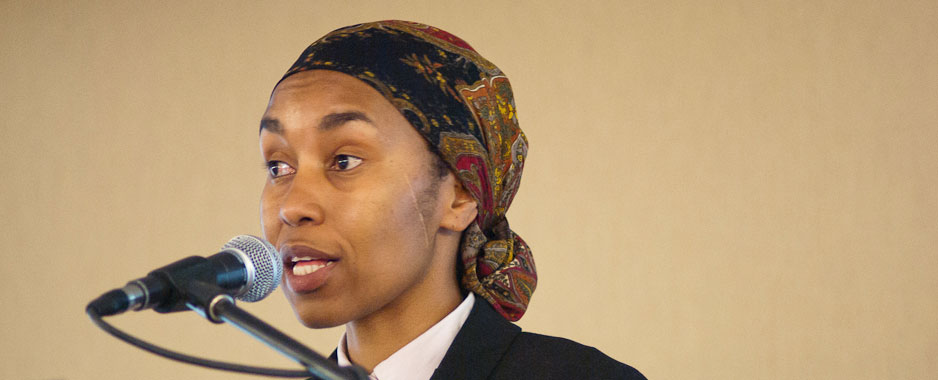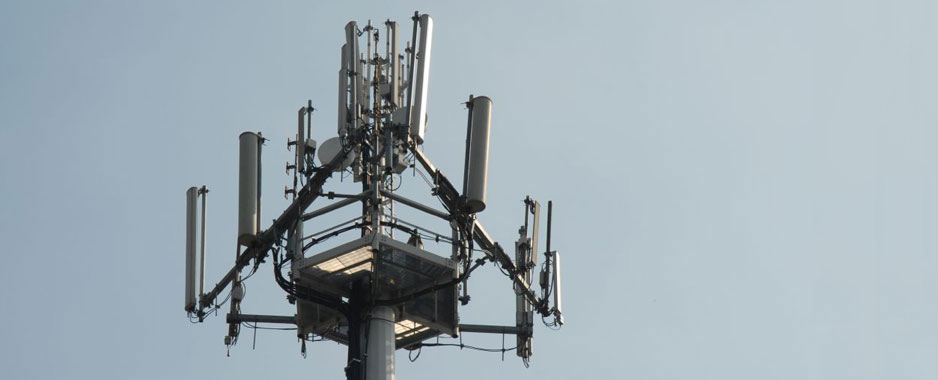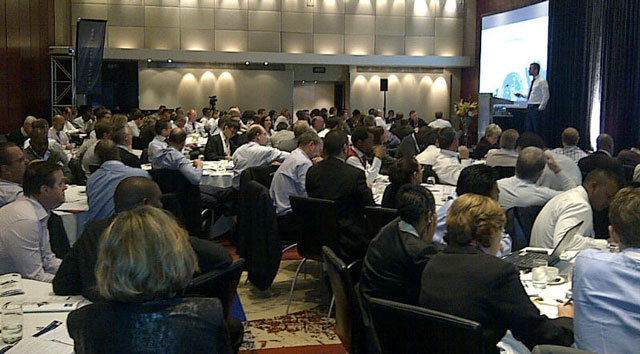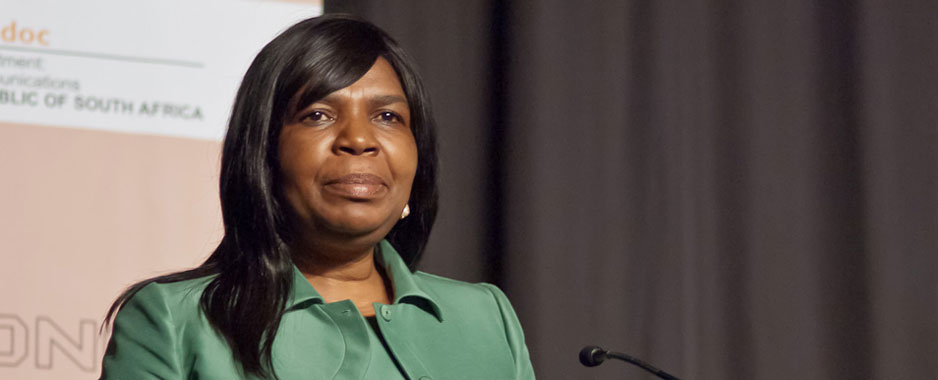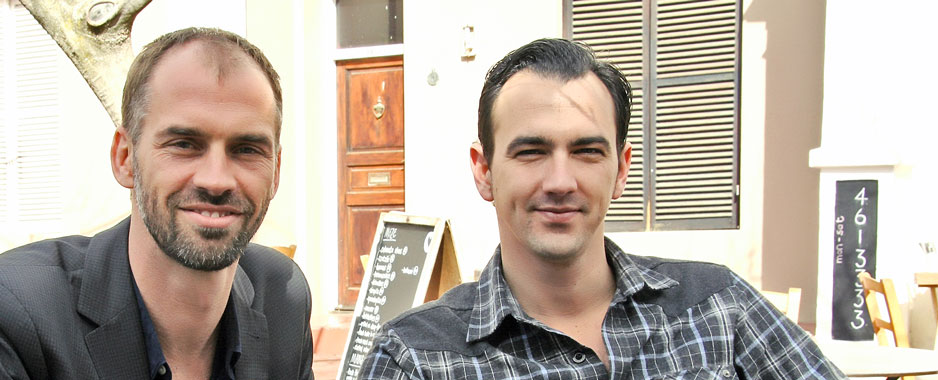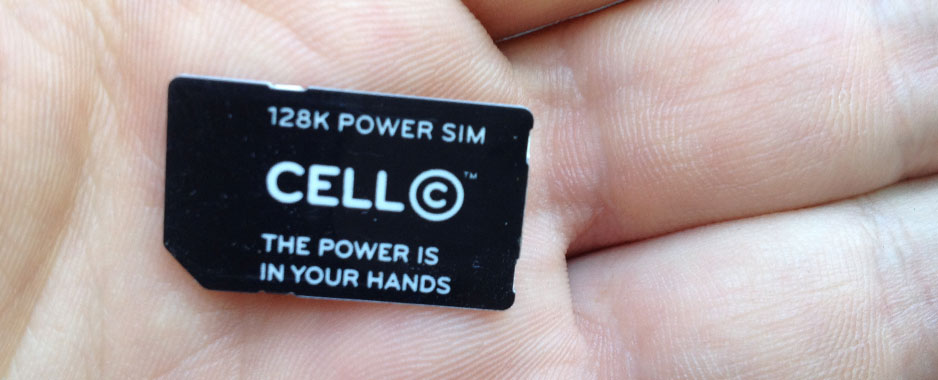Having read that Absa would not be making an official banking application available until the end of the year or early in 2013, Johannesburg-based developer and entrepreneur Tyler Reed, frustrated at the time it is taking the bank to develop the app, has opted to make his own. Essentially a “wrapper” for Absa’s
The Dramatic, Artistic and Literary Rights Organisation (Dalro) has partnered with local tablet computer maker Wise to create a digital platform called EduPortal that offers schools pupils access to digital textbooks by means of subscription. Although teachers have welcomed the idea, they argue the subscription
More than three-quarters of SA’s mobile users are frustrated with their telecommunications service provider because of issues such as limited data coverage, dropped calls and the cost of services. More worrying for operators is that 11% of consumers are actively looking to change their current provider with a further
The recently published Electronic Communications Amendment Bill proposes the creation of a new Spectrum Management Agency responsible for all spectrum allocation in SA. Assignment of frequencies will be divided between the new agency and the sector regulator, the Independent Communications of Authority of SA
Sam Beckbessinger takes the helm this week with Dominic White and TechCentral’s Craig Wilson to discuss technology at the Olympics, Black Hat 2012, digital television, Telkom’s share price, cellphone etiquette, the best TV deals in the market, and much more
Research and analysis firm Frost & Sullivan is hosting its second annual Growth Innovation Leadership Event in Cape Town next month. The event attracts executives from some of SA’s and Africa’s biggest technology , mining, and engineering players. The event will take place on 22 August at the Table Bay
Prospective manufacturers of the set-top boxes that government will subsidise for as many as 5m poorer SA households to receive digital terrestrial television signals have just a month to submit their proposals to the department of communications. Government published the long-awaited request for proposal
Moneysmart, the free personal financial management tool that was launched in beta last year, has been revamped and will be launched commercially in the next few days, promising an improved experience, automatic integration with all but one of SA’s major banks and forthcoming native applications for iOS and Android. The website
Cell C’s new standard data tariff plans, which it launched on Wednesday, stack up well next to the tariffs charged by the other operators for identical packages, a comparison drawn up by TechCentral shows. The mobile operator has cut the price of data bundles to 15c/MB in and out of bundle for both prepaid and contract customers
It’s hard to think that just 15 years ago, Apple was staring bankruptcy in the face. What followed, under the leadership of Steve Jobs, has become one of the most celebrated turnaround stories in modern business. At more than US$550bn, Apple today is the biggest listed company on the planet by market value



